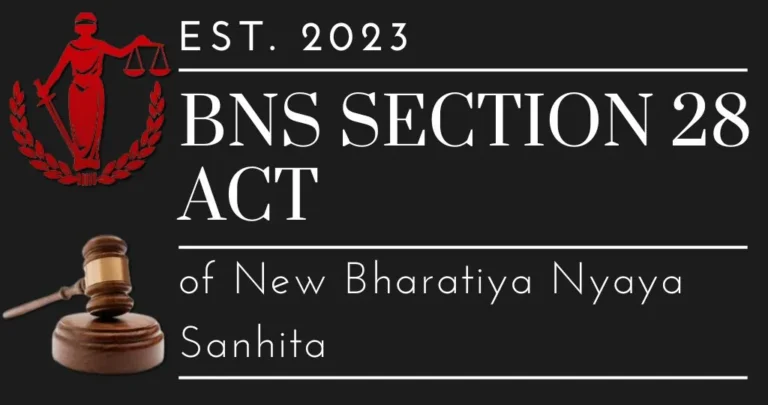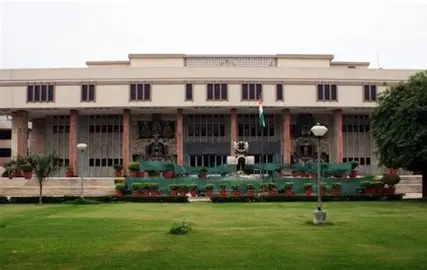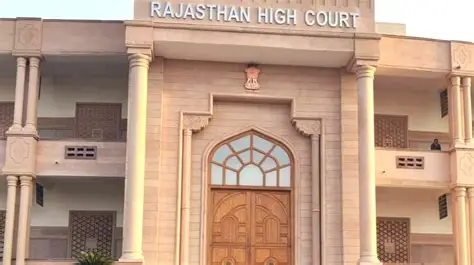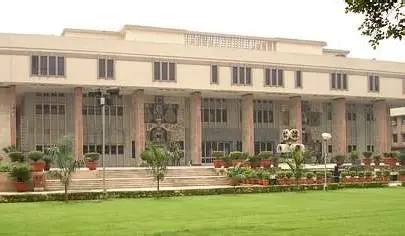
Understanding Court's Power to Alter Charges Under Bharatiya Nagarik Suraksha Sanhita, 2023 (Section 239)
“Understanding Court’s Power to Alter Charges Under Bharatiya Nagarik Suraksha Sanhita, 2023 (Section 239)”
Section 239 of the Bharatiya Nagarik Suraksha Sanhita, 2023 (BNSS) empowers the Court to alter or increase the charges at any time during the trial until the verdict is delivered. This is a provision that is required because it introduces flexibility in the judicial process and ensures that justice is administered based on the facts and changing information of each case. To grasp Section 239 fully, it’s useful to place it alongside earlier related sections, like Sections 237 and 238, which set underlying principles for learning about charges and how errors regarding charges affect court proceedings.
Section 239: Court’s Authority to Alter or Add Charges
For More Updates & Regular Notes Join Our Whats App Group (https://chat.whatsapp.com/DkucckgAEJbCtXwXr2yIt0) and Telegram Group ( https://t.me/legalmaestroeducators ) contact@legalmaestros.com.
Section 239 of BNSS allows the Court to change or add charges when needed, but with certain conditions and procedures to be adopted by the Court so that justice prevails in the trial. Following is a brief explanation of the provision.
Authority to Alter or Add Charges
Section 239, Subsection 1 provides that the Court may, at any time before judgment, alter or add to any charge. This implies that if there is new evidence that arises while the case is being heard, or if it is discovered that a charge is not sufficient to describe the offense, the Court can make an amendment. This adaptability guarantees that charges properly capture the conduct of the accused and correspond to the facts of the case.
For More Updates & Regular Notes Join Our Whats App Group (https://chat.whatsapp.com/DkucckgAEJbCtXwXr2yIt0) and Telegram Group ( https://t.me/legalmaestroeducators )
Notifying the Accused of Changes
Subsection 2 explains that any changes or additions to a charge need to be read out and clarified to the accused. This is an important step towards transparency and the right to a fair trial, as the accused must be fully informed of all charges against them. By informing the accused directly, the Court is maintaining their right to know the details of their case and to prepare an adequate defense.
When Alterations Do Not Prejudice the Trial Trial
Subsection 3 provides for situations when the Court finds that the changed or additional charges do not prejudice the accused or the prosecution. In these instances, the Court can proceed with the trial as if the changed or additional charges were included in the initial charges. This subsection ensures efficiency in the judicial process by avoiding undue delays when the alteration of the charge does not affect the general fairness of the trial for both parties.
For instance, where a minor adjustment is effected to make a charge clearer but does not radically alter the defense strategy, the Court can immediately go on with the trial. This enables the judicial process to flow uninterrupted without having to start over the trial or adjourn.
When Alterations May Prejudice the Accused or Prosecution
Subsection 4 acknowledges that certain alterations or additions to charges will prejudice the accused or prosecution. If the Court believes that the new or modified charge could unfairly impact the accused’s ability to defend themselves or the prosecutor’s ability to conduct the case, it has two options: it can either direct a new trial or adjourn the current trial. This is to ensure that both parties are given sufficient time to modify their strategies due to the changed or new charge, protecting the right to a fair trial.
For example, where a new charge is added for which the accused needs to procure new evidence or introduce new witnesses, the Court can grant an adjournment or a new trial to accord the accused the time to make these modifications.
Requirement of Sanction in Event of New Charges
Subsection 5 to Section 239 deals with the situation when an additional or substituted charge necessitates pre-sanction (approval) for trial. If in a case prior approval from a higher authority is required to prosecute the new charge, the Court is required to suspend the trial till such sanction is obtained. This applies if the added or modified charge is based on facts that need official permission to prosecute. The only exception is if the sanction was already obtained for prosecuting based on similar facts.
For instance, if sanction of a higher authority is necessary for a charge against a government officer and a fresh charge based on similar facts is added, the Court has to see that sanction is already available or has to await it before acting.
Context with Earlier Sections
In order to completely comprehend Section 239, it is necessary to consider Sections 237 and 238 of the BNSS:
Section 237 addresses the interpretation of words in charges and provides that words are to be understood as defined by the relevant law. This makes any amendments made under Section 239 legally defined as well.
Section 238 addresses the effect of errors in charges, stating that trivial errors that do not mislead the accused or impact on justice are not material. In the event that errors are substantial enough to affect fairness, they have to be corrected. Section 239 elaborates further by giving the Court a power to correct or amend charges where it is appropriate to do so.
Combined, these parts guarantee that not only are the charges accurate but also that they are clear to the accused under the terms of the law, and any mistakes or needed alterations can be rectified in order to protect the integrity of the judicial process.
Conclusion: Protecting Fairness and Accuracy in Charges
Section 239 is an important provision of the BNSS, as it permits the Court to change or add to charges to guarantee that they are accurate and fair. By requiring that any alterations be notified to the accused and offering alternatives where alterations might prejudice either party, the section strikes a balance between judicial efficiency and fairness. Coupled with Sections 237 and 238, this provision guarantees that the judicial process in India is transparent and responsive to the complexities of each case, upholding the principles of justice.






